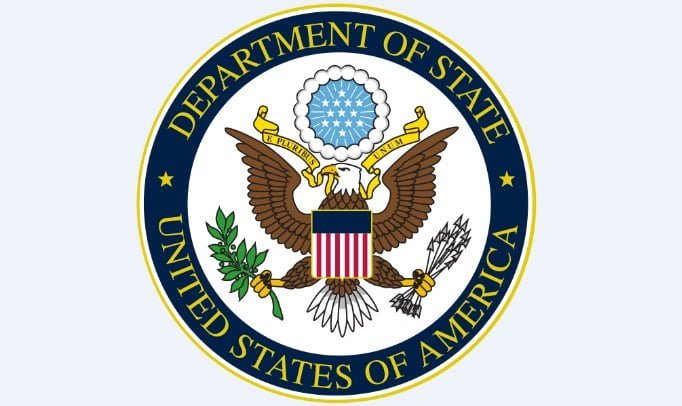Allegation of an unjustified killing by security forces; detentions along the occupation line; impunity for crimes committed by law enforcement officials, and threats against LGBTI community have been identified among the most salient human rights problems in Georgia last year, according to the U.S. Department of State’s annual report.
The 47-page report, released by the Department of State on March 13, covers developments of 2018. It traditionally relies heavily on independent reports – from media, NGOs, and the Georgian Public Defender.
According to the report, authorities took steps to investigate some allegations of human rights abuses in 2018, but shortcomings still remained. It says such shortcomings included “lack of accountability” for the reported abduction from Georgia and rendition to Azerbaijan of Azerbaijani journalist and activist Afgan Mukhtarli in May 2017.
“The government’s investigation into the reported kidnapping of Afgan Mukhtarli by government officials in May 2017 appeared stalled. Concerns remained that the government was involved in Mukhtarli’s disappearance from Tbilisi and arrest by Azerbaijan authorities on the border with Georgia,” reads the document.
The report also notes that although civilian authorities maintained effective control of the Ministry of Defense, “there were indications that at times they did not maintain effective control” over the Ministry of Internal Affairs and the State Security Service.
It also says effectiveness of government mechanisms to investigate and punish abuse by law enforcement officials and security forces was “limited,” and that domestic and international concerns about this “remained high.”
The report also notes that there was one allegation that the government or its agents committed an unjustified killing, and at least one report that “de facto authorities in the Russian-occupied regions of Georgia committed an arbitrary on unlawful killing” – the cases of Temirlan Machalikashvili and Archil Tatunashvili, respectively.
On courts, the document refers to “indications” of interference in judicial independence and impartiality, and highlights “concerns” about the professionalism of civil judges and transparency of their decisions. “Judges were vulnerable to political pressure from within and outside of the judiciary,” reads the report.
On press freedom, the report says “independent media were very active and expressed a wide variety of views,” but notes that Iberia TV’s closure last year and the 2017 merger of three television stations “decreased media pluralism and increased the concentration of media outlets in favor of the ruling party.”
Crimes against media professionals and outlets were rare, according to the report, but there were “at least three reports of such violence,” including the one concerning the Rustavi 2 TV’s anchor, Giorgi Gabunia.
The report also refers to cases of political violence, saying accountability for crimes remained a problem, “including for a number of attacks on opposition figures before the second round of the Presidential election.”
According to the report, “de facto authorities in the Russian-occupied regions of Abkhazia and South Ossetia” continued to impose substantial impediments to human rights, “especially of ethnic Georgians, to vote or otherwise participate in the political process, own property, register businesses, and travel.”
According to the document, while majority of the approximately 300,000 IDPs from Abkhazia and Tskhinvali regions were deprived to return to their areas of origin, those living in Abkhazia “lacked fundamental rights and confronted onerous registration requirements that threatened their continued status.”
The report highlights other problems as well, including “widespread” discrimination in the workplace, domestic violence, gender inequality, language-related impediments for integration of ethnic minority populations, and systemic violence against and abuse of members of the LGBTI community.
This post is also available in: ქართული (Georgian) Русский (Russian)

